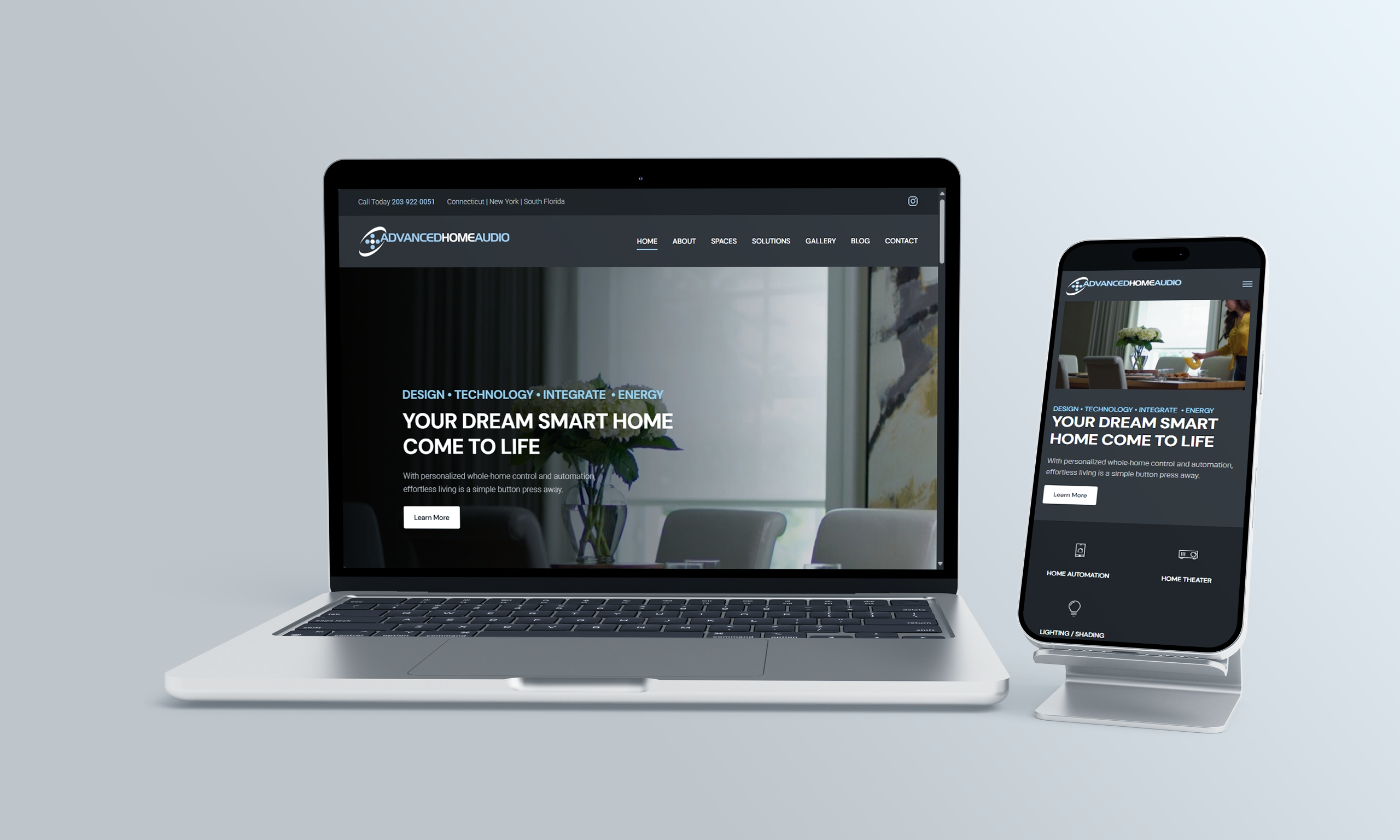
Discover how to improve your PPC campaigns for veterinarians with strategies like creating custom audiences and using ad extensions. This guide will help you take your online advertising to the next level and attract more pet owners to your practice.
With multiple veterinary practices competing in your area, it’s essential to stand out. A well-executed pay-per-click (PPC) advertising campaign can help you achieve that by driving targeted traffic to your website and turning potential leads into loyal clients.
But what makes a PPC campaign truly successful? Below, we’ll explore expert tips to optimize your PPC efforts and help your veterinary practice reach more pet owners.
Keep reading to discover actionable ways to enhance PPC for veterinarians, and when you’re ready to maximize your results, connect with our team of digital marketing specialists for personalized PPC solutions tailored to your practice. Contact us online to get started!
What is PPC Advertising for Veterinarians?
PPC, or pay-per-click advertising, enables veterinarians to place paid ads at the top of Google search results. This prime placement ensures your practice is one of the first options pet owners see when searching for a local veterinarian, making it easier for potential clients to find and choose your services.
7 Essential PPC Tips for Veterinarians
PPC advertising is a powerful tool for veterinarians to attract more clients, but its success depends on knowing how to optimize your campaigns. To help you make the most of your efforts, we’ve compiled seven expert tips designed to boost your conversions and drive better results.
Check out these seven must-know veterinary PPC strategies to elevate your advertising game!
1. Focus on Branded Keywords
When running a PPC campaign in Google Ads, targeting the right keywords is key to reaching your ideal audience. Among the most effective keyword types for veterinarians are branded keywords—terms that include your practice’s name or other branded elements.
Branded keywords are highly valuable because they capture users who are already familiar with your veterinary practice. If someone searches for your practice by name, it shows they have a specific interest in your services and are more likely to convert.
By directing your ads to branded keyword searches, you ensure that your campaigns reach high-intent users who are ready to take action. This targeted approach can significantly boost your conversion rates and help you get the most out of your PPC campaigns.
2. Build Custom Audiences
While keywords are a powerful tool for targeting the right audience, Google Ads also offers custom audiences to help you refine your reach even further. Custom audiences allow you to create a tailored group of users by selecting specific characteristics, such as:
- Age
- Gender
- Occupation
- Location
This feature enables you to target a precise demographic that aligns with your veterinary practice’s typical clientele. For example, if most of your patients are pets owned by individuals between the ages of 20 and 45, you can focus your ads on that age range to improve relevancy and engagement.
Pay special attention to location targeting to ensure your ads reach pet owners in your local area. By combining demographic filters with geographic focus, you’ll effectively connect with the pet owners most likely to visit your practice.
3. Utilize Negative Keywords
Negative keywords are an essential tool in your PPC strategy for ensuring your ads reach the right audience. While regular keywords tell Google which searches should trigger your ads, negative keywords specify which searches should not display them.
For instance, if your veterinary practice is based in Tennessee, you might target a broad keyword like “veterinary practice.” However, your ads could appear for irrelevant variations, such as “veterinary practice Florida.” Since your services aren’t available in Florida, you’d be wasting ad spend on those clicks.
By adding “Florida” as a negative keyword in Google Ads, you can prevent your ads from showing up in unrelated searches. This approach helps refine your targeting, ensuring your ads only appear to users who are genuinely interested and within your service area.
4. Leverage RLSA for Veterinary Appointment Reminders
When potential pet owners visit your veterinary clinic’s website but leave without booking an appointment, they’ve already shown interest in your services. The key is to re-engage them and encourage them to complete the booking process. This can be done effectively through Remarketing Lists for Search Ads (RLSA) in Google Ads.
RLSA allows you to target users who have previously visited specific pages on your site, including those who started to schedule an appointment but abandoned the process. By using remarketing ads, you can remind these users about your veterinary services and prompt them to finalize their appointments.
Similar to targeting branded keywords, users who have already shown interest in your veterinary clinic are more likely to respond to these ads. They have an existing connection with your practice, making them more receptive to your remarketing efforts.
5. Utilize Ad Extensions to Boost Your Veterinary PPC Ads
Ad extensions are a valuable tool for improving the performance of your veterinary PPC campaigns. While most PPC ads typically include just a headline, description, and link, Google Ads offers the option to enhance your ads with additional features that appear below the main ad content.
For veterinary telehealth PPC campaigns, there are several types of ad extensions you can use to make your ads more engaging and clickable. These extensions include:
- Phone numbers for easy contact
- Direct links to important pages on your website, such as your “Appointments” page
- Your clinic’s address for local searches
- And more!
By adding these extensions to your veterinary ads, you provide more opportunities for potential clients to engage with your practice. Even if the main ad text doesn’t immediately grab their attention, the added extensions—like a link to schedule an appointment—may encourage them to take action and connect with your clinic.
6. Create CTA-Focused Landing Pages for Veterinary PPC Campaigns
When users click on your veterinary PPC ads, they should be directed to a dedicated landing page specifically designed for that ad. It’s essential to avoid using generic pages from your website as landing pages. Instead, create a customized landing page for each campaign, with a clear focus on a single call to action (CTA).
Your veterinary landing page should offer all the necessary information to help users take the next step, such as scheduling an appointment or contacting your clinic. However, be careful not to overload them with too much information, as this could result in abandonment.
Here’s what to include on your veterinary landing page:
- A clear description of the veterinary service you’re offering
- A user-friendly form for appointment scheduling or inquiries
- Transparent pricing information for services
- Engaging images or videos showcasing your clinic and services
- Positive reviews from happy pet owners
Ensure that every element on the landing page leads users toward completing the CTA—whether it’s booking an appointment or reaching out to your veterinary practice for more details.
7. Track Essential Metrics for Veterinary PPC Campaigns
Launching your veterinary PPC campaign is just the beginning. The real work happens afterward as you continuously optimize your ads to achieve better results.
To refine your strategy, it’s crucial to track key performance metrics in Google Ads. Key indicators such as click-through rate (CTR) and conversion rate provide valuable insights into how well your ads are performing and highlight areas that need improvement.
For ads that aren’t performing well, you have a couple of options: either pause them or adjust them to enhance their effectiveness. On the other hand, if you have high-performing ads, consider increasing your budget allocation to maximize their reach.
By consistently monitoring these metrics, you’ll be able to fine-tune your ads, ensuring they are always aligned with your veterinary clinic’s goals and delivering the best possible results.
Drive Conversions with Stratedia's Veterinary PPC Services
Ready to take your veterinary PPC campaigns to the next level? Let Stratedia help you achieve outstanding results. With years of experience in PPC, we know exactly what it takes to run successful campaigns that bring in high-quality leads for your practice.
Our tailored veterinary PPC services will optimize your ads, ensuring they reach the right audience and drive more conversions. Plus, with a dedicated account representative, you’ll stay informed and confident every step of the way.
Ready to boost your results? Contact Stratedia today or reach out online to get started with our expert PPC services!










